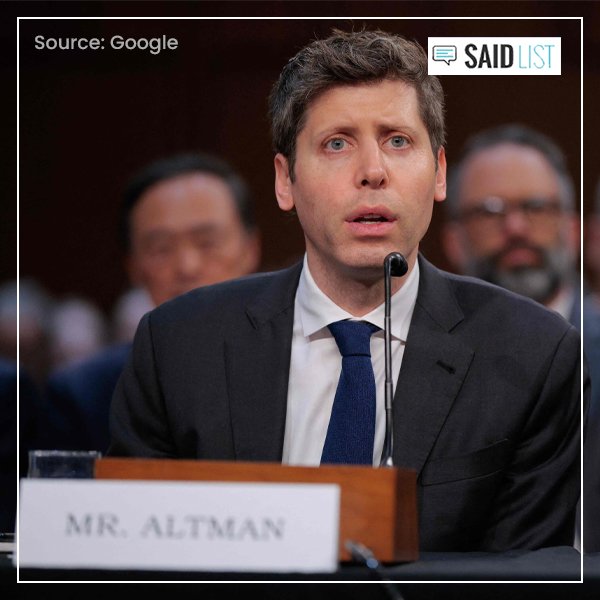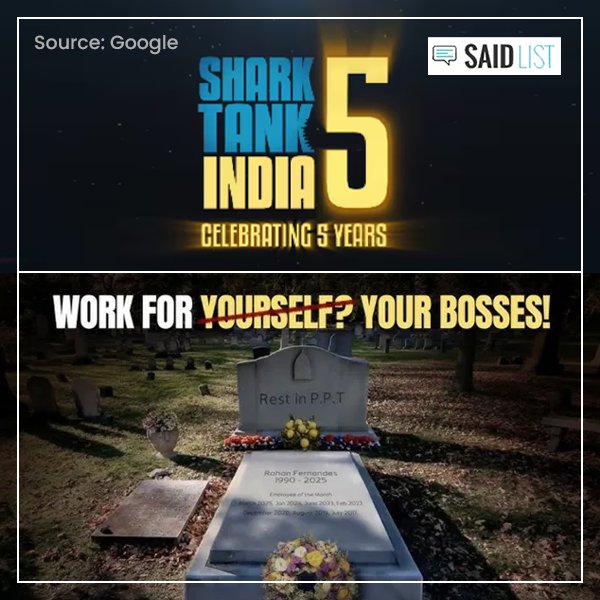Swara Bhasker, the Bollywood actress known for her outspoken views on feminism and women’s rights, has recently come under fire after meeting Maulana Sajjad Nomani, a Muslim cleric infamous for his controversial stance on women’s education. The incident has sparked a fierce debate on social media, with many accusing Bhasker of hypocrisy due to her meeting with the cleric, whose views sharply contrast with her public stance on gender equality.
Who is Maulana Sajjad Nomani?
Maulana Sajjad Nomani is a prominent figure in the Indian Islamic community, known for his conservative views, particularly on women’s rights. He has openly opposed women’s education, claiming that parents should not send their daughters to school or college unsupervised, as he considers it “haram” (forbidden). His views have drawn sharp criticism, especially from feminist groups and those advocating for women’s empowerment.
Nomani’s controversial statements, such as discouraging inter-faith marriages and promoting conservative gender roles, have made him a divisive figure in Indian public life. People often associate his views with Deobandi Islam, a conservative school of thought that has faced criticism for its views on women’s rights and education.
The Controversial Meeting
The controversy erupted when Swara Bhasker, accompanied by her husband Fahad Ahmad, visited Maulana Sajjad Nomani’s office. Fahad Ahmad, a candidate contesting the Maharashtra Assembly elections from the Nationalist Congress Party (NCP) on November 20, shared pictures of the visit on social media. The photos showed Swara in a traditional pastel salwar suit, with her head covered, a gesture of respect in line with Islamic customs.
While they intended the visit as a political gesture, the images quickly went viral, and many social media users expressed their disapproval. Critics targeted Bhasker, known for her feminist views and outspoken support for women’s rights, for associating with a figure who has publicly opposed the education of women.
The Backlash: Feminism vs. Hypocrisy?
Swara Bhasker’s critics were quick to label her as hypocritical. Many questioned how someone who publicly advocates for women’s empowerment could meet with a cleric who has made headlines for his opposition to women’s education. Social media was flooded with comments accusing Bhasker of prioritizing political alliances over her own principles.
One user commented, “Ultra-feminist Swara Bhasker is receiving blessings from a Deobandi, Pro-Taliban fundamentalist Maulana, who has often preached that parents should not send their daughters to school or college. Does Swara endorse these views?”
Others pointed out the apparent contradiction in Bhasker’s personal life. As a woman who had embraced an inter-faith marriage, critics argued that her meeting with a cleric who opposes such unions showed a lack of consistency in her beliefs.
Why the Backlash on Swara Bhasker is Significant?
The Swara Bhasker Maulana Sajjad Nomani controversy highlights the complex intersection of politics, religion, and feminism in contemporary India. Bhasker, who has often used her platform to speak against patriarchy, caste discrimination, and gender-based violence, now faces the challenge of reconciling her public persona with her private political alliances.
Fahad Ahmad’s candidacy in the Maharashtra Assembly elections has also added fuel to the fire. Many questioned whether Bhasker’s actions were influenced by her husband’s political ambitions, and whether she was willing to compromise her values for the sake of political gain.
The Role of Social Media in Shaping Public Perception
Social media plays a significant role in shaping public perception, and the Swara Bhasker controversy is a perfect example of this. While Bhasker’s supporters rallied behind her, arguing that her meeting with Maulana Nomani should not be conflated with endorsing his views, the overwhelming response from netizens was one of disappointment.
The incident has sparked a broader conversation about the role of public figures in navigating the complexities of politics, religion, and personal beliefs. In an era where social media amplifies every action, public figures like Bhasker are under constant scrutiny. Their every move, whether political, religious, or personal, becomes fodder for debate.
Is Feminism of Swara Bhasker Selective?
The key question arising from this controversy is whether Swara Bhasker’s feminism is selective. As a vocal advocate for women’s rights, Bhasker has often criticized regressive practices that undermine women’s autonomy. Her decision to meet a cleric who has openly opposed women’s education has led many to question whether her commitment to feminism is truly inclusive of all women, regardless of religious or political affiliations.
While Bhasker has defended her actions, emphasizing the importance of dialogue in politics, critics argue that her meeting with Nomani sends a contradictory message about her feminist ideals. The broader implications of this incident could influence how Bhasker’s political and feminist views are perceived moving forward.
Fahad Ahmad’s Political Candidature: A Factor in the Controversy?
Fahad Ahmad’s political involvement adds another layer of complexity to the situation. Ahmad, who is contesting the Maharashtra Assembly elections, is a prominent figure in the NCP. His political aspirations and alliances with controversial figures have prompted speculation about whether Swara’s visit to Maulana Sajjad Nomani was politically motivated.
Some believe that Swara’s actions are part of a strategic move to garner support from conservative Muslim communities, a significant voter base in the upcoming elections. However, this raises further questions about how celebrities influence politics and whether they should separate personal beliefs from political strategy.
Reactions and the Future of Image of Swara Bhasker
The backlash from the Swara Bhasker-Maulana Sajjad Nomani meeting has already begun to affect her public image. For many, this controversy highlights the inherent contradictions that often exist in the public lives of celebrities and political figures. Bhasker’s outspoken feminism now contrasts with her apparent political pragmatism, prompting many to reassess her credibility as a feminist icon.
This controversy will impact Bhasker’s future political and social engagements, and we will see how it unfolds. As the Maharashtra Assembly elections approach, it will be interesting to see how this issue evolves and whether it influences the political fortunes of her husband, Fahad Ahmad.
Conclusion: The Price of Political Alignment in Modern India
The Swara Bhasker controversy illustrates the price that celebrities and public figures often pay when their personal beliefs come into conflict with their political actions. As the political climate in India becomes increasingly polarized, figures like Bhasker must navigate a delicate balance between personal values and political alliances.
For now, Bhasker and Fahad Ahmad will likely continue to face scrutiny, both for their personal decisions and their public political actions. In an era of heightened social media vigilance, the cost of such actions may have long-lasting consequences for their public personas and future endeavors.











